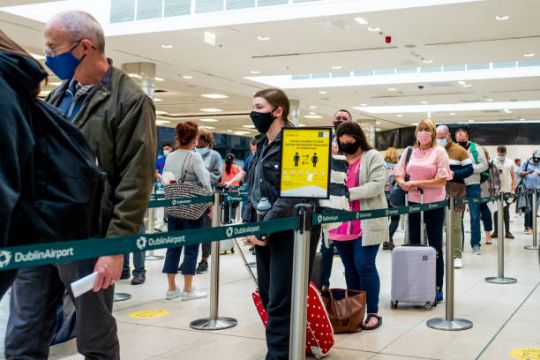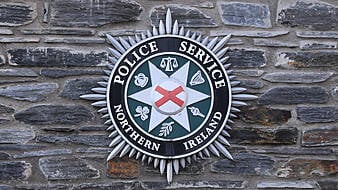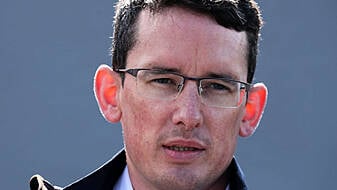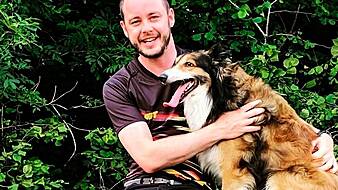It would be “hubristic” or overly self-confident to believe that three newly-identified cases of a coronavirus variant linked to India were the only ones in Ireland, according to virologist Dr Cillian De Gascun.
The director of the National Virus Reference Laboratory (NVRL) said there was currently no evidence of localised community transmission of the so-called Indian or B1617 variant in Ireland.
It comes as the Minister for Transport, Eamon Ryan, said the Government will follow the advice of public health officials over a decision to add India to the State’s hotel quarantine list.
The Minister said: “We have to take their advice on that, it’s complex analysis that they have to do on the variants and they’ll make that call.
“They haven’t been shy about doing that so far so I don’t expect that they will be on this occasion.”
It currently remains unclear if the newly-identified variant is more transmissible or produces more severe disease.
'Kicking off'
Speaking on RTÉ radio’s Today with Claire Byrne show, Dr Cillian De Gascun said the variant was of interest because of a rapid “kicking off” of the disease in India.
“This lineage B1617, it's of concern because of what we're seeing in India, because [of] its increasing in prevalence in India, but it's been reported in a number of other countries probably since October last year — why is it kicking off now?” he said.
“India is unfortunately going through a very bad spell or is it kicking off now because it's had an opportunity to evolve, adapt and to become more used to us as humans,” he continued.
“We don't yet know how [variants] have emerged — we believe it's likely that they have emerged from a setting of persistent infection in an immunocompromised individual so therefore we need to be vigilant and from a surveillance perspective we need to be on the lookout for new variants emerging.”
Two out of three cases of B1617 identified in Ireland were travel related, Dr De Gascun said, but he did not have information on the third case as it had not been referred to the laboratory.
Quarantine system
Asked if India should be added the State’s list of countries for which hotel quarantine is necessary, he said a number of factors had to be taken into account.
“It's very difficult to have a perfect system, to say with 100 per cent confidence that our system is so perfect that there are only three cases and we found all three of them,” he said.
“I wouldn't be hubristic enough to say that, but I do think we have a good surveillance system in place.”
Dr De Gascun said he would be more concerned at present with the levels of the South African variant, of which there were 55 cases in the country and the Brazilian variant, of which there were 24.
He expressed confidence that the NVRL’s sequencing system was effective.
“Since the middle of January we've done about 9,5000 sequences — so they're tiny numbers in the context of 9,500 sequences, but at the same time the numbers are continuing to increase,” he said.
“Part of that is they are increasing because of our public health colleagues doing their investigations and contact tracing and tracking down networks of transmission in the community.
“We have identified cases where there is no obvious travel link so it remains to be seen what is the situation with B1617.”
Smart sequencing
Dr De Gascun said the country was “probably doing close to the majority of sequences that we need to do.”
“The plan is to do smart sequencing — at the moment we're about 1,000 sequences per week, which based on our current five-day case number average which is 364 as of yesterday, over seven days that's about 2,600 or 2,700 cases.”
“We are building capacity, but it is really important that we target our sequences accordingly because we're at about 90 per cent of B117 — the variant first reported in the UK,” he added.
“It's not terribly cost-effective to sequence 90 per cent of B117 when that's what you've got so you want to try to be smart — what we're looking at in a targeted fashion is imported cases, specifically looking at variants of concern for people with a travel history.
“We're more focused on people who have been vaccinated, we're looking for evidence of vaccine escape, people who were vaccinated and then tested positive, a small number who will have that. That's ok, the vaccine is intended primarily to prevent serious illness and death.”







